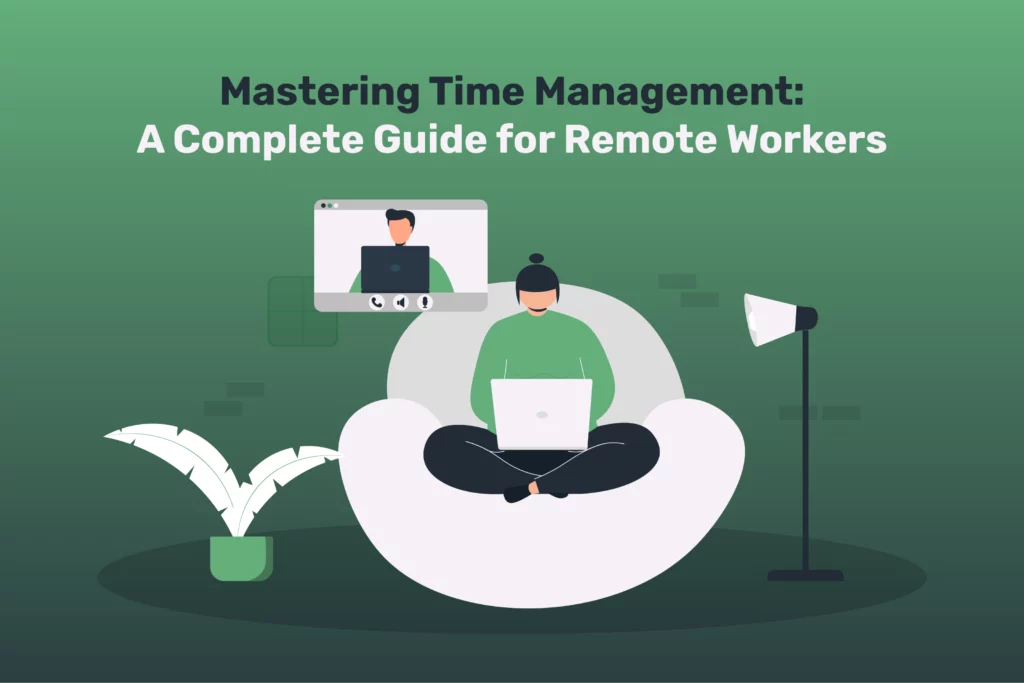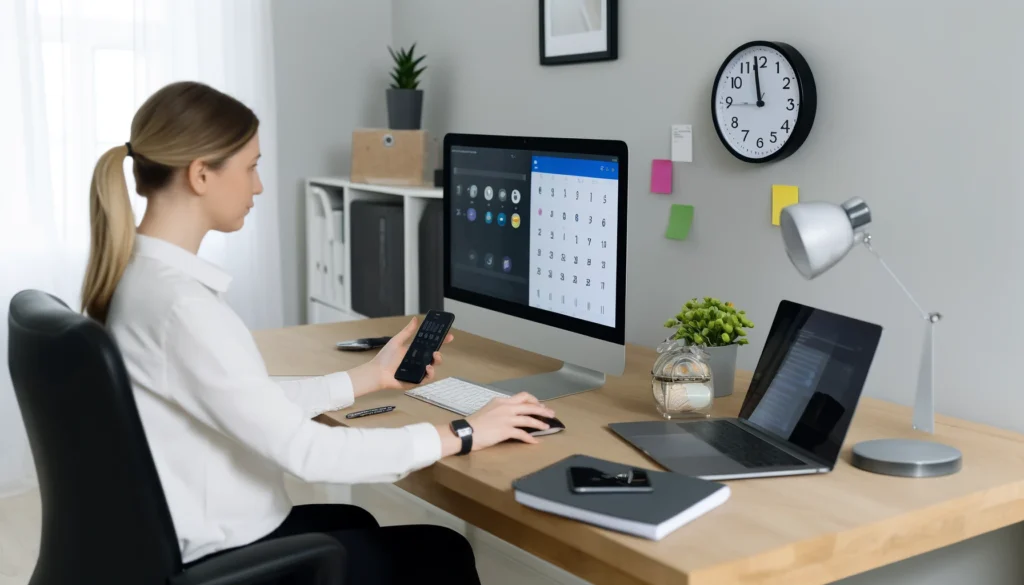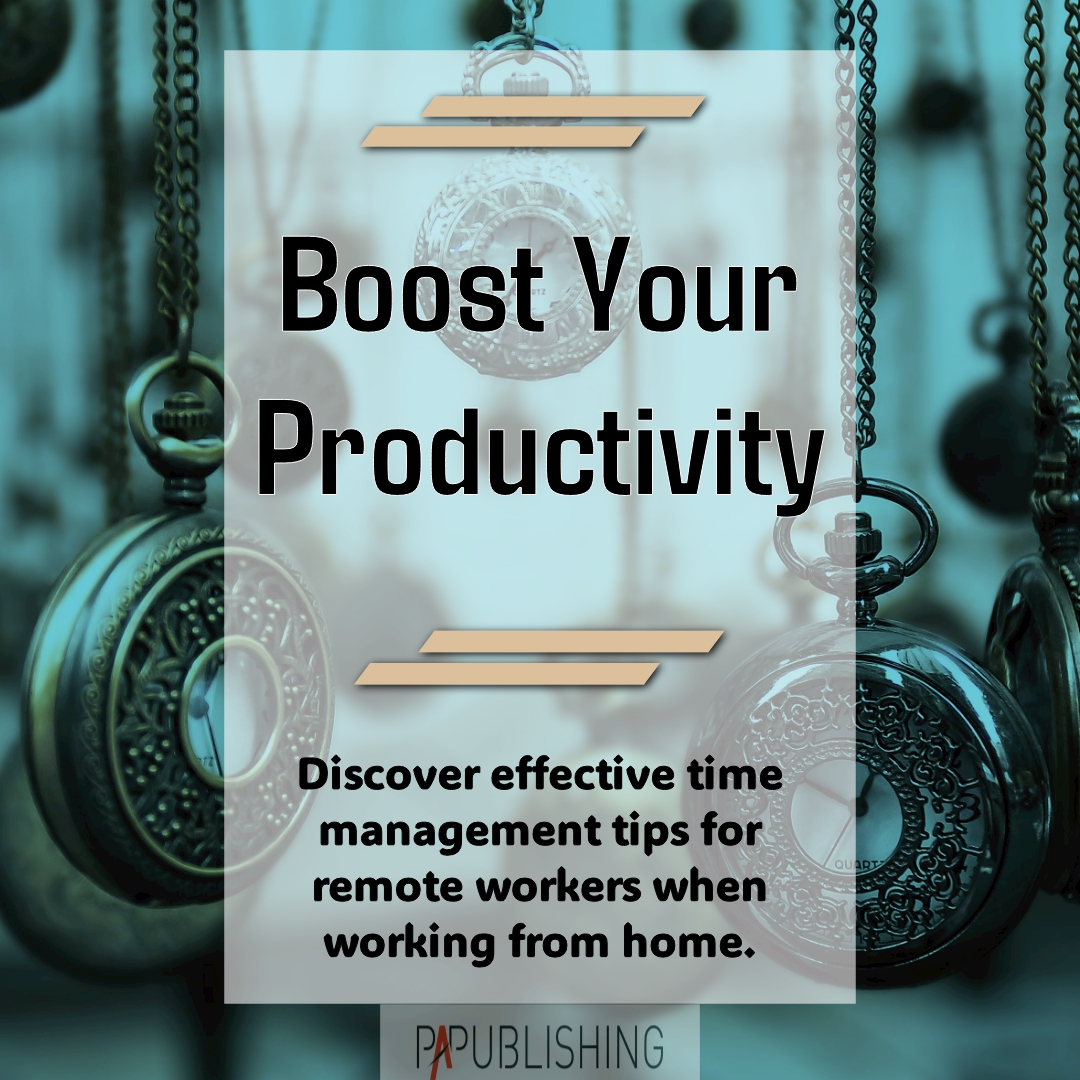Time Management For Remote Workers

The aroma of freshly brewed coffee mingled with the chirping of birds outside the window, a serene backdrop to what should have been a productive morning. Instead, Emily, a marketing specialist now working remotely, found herself staring blankly at her screen, a jumble of browser tabs mocking her with their unfinished tasks. The line between work and life had blurred, and she felt adrift in a sea of distractions, struggling to stay afloat.
For many, the shift to remote work promised freedom and flexibility. However, the reality often involves a new set of challenges, chief among them being effective time management. Mastering this skill is crucial for remote workers to maintain productivity, well-being, and a healthy work-life balance.
The Rise of Remote Work and its Time Management Challenges
The COVID-19 pandemic accelerated the adoption of remote work, transforming the landscape of employment. According to a 2023 study by Gallup, a significant percentage of the workforce continues to work remotely, either full-time or in a hybrid model. This shift has undoubtedly offered benefits like reduced commuting time and increased autonomy.
However, it also presents unique obstacles. The absence of a traditional office environment, with its inherent structure and supervision, requires a heightened level of self-discipline and organization.
Distractions Abound
One of the biggest hurdles for remote workers is managing distractions. From household chores to family demands, the home environment is rife with potential interruptions. Social media notifications and the temptation to engage in non-work-related activities are also constant battles.
A recent survey by HubSpot revealed that remote employees often struggle to disconnect from work, leading to longer hours and burnout. This blurring of boundaries can negatively impact both productivity and personal well-being.
Strategies for Effective Time Management
Fortunately, there are several proven strategies that remote workers can implement to improve their time management skills. Establishing a dedicated workspace is a fundamental step.
Designating a specific area for work helps create a mental separation between professional and personal life. Even a small corner of a room can serve as a "work zone," signaling to the brain that it's time to focus.
Creating a structured daily routine is another essential element. Planning the day in advance, including specific time slots for tasks, meetings, and breaks, provides a roadmap for productivity. Time blocking, a technique where you allocate specific blocks of time to particular activities, can be highly effective.
Utilizing time management tools can also be beneficial. There are numerous apps and software programs designed to help track time, prioritize tasks, and minimize distractions. From simple to-do lists to sophisticated project management platforms, these tools can empower remote workers to stay organized and on track.
Regular breaks are crucial for maintaining focus and preventing burnout. Stepping away from the screen for a few minutes every hour can help refresh the mind and improve overall productivity.
Consider short walks, stretching exercises, or simply engaging in a relaxing activity. Remember to prioritize tasks effectively. The Eisenhower Matrix, which categorizes tasks based on urgency and importance, can be a valuable tool for determining which activities require immediate attention and which can be delegated or eliminated.
The Human Element: Communication and Self-Care
Effective communication is paramount in a remote work environment. Clearly communicating availability and expectations with colleagues and family members can minimize interruptions and ensure everyone is on the same page.
Self-care is often overlooked, but it's essential for long-term success. Prioritizing sleep, healthy eating, and regular exercise can significantly impact energy levels, focus, and overall well-being. Remember, a healthy and rested worker is a productive worker.
Ultimately, successful remote work hinges on a combination of effective strategies and a commitment to self-discipline. It’s about creating a sustainable system that allows individuals to thrive both professionally and personally.
As Emily adjusted her workspace, adding a plant for a touch of nature and setting clear boundaries with her family, she felt a sense of control returning. Remote work, she realized, wasn't about escaping structure, but about creating a better one – a structure that supported her well-being and allowed her to flourish in the new world of work.


















